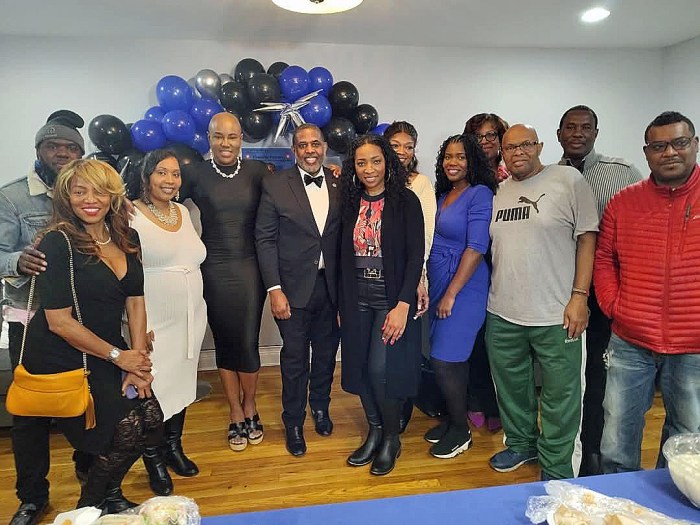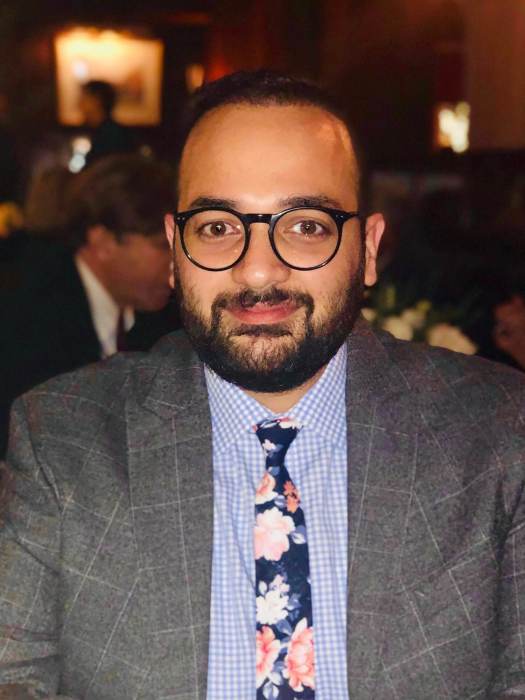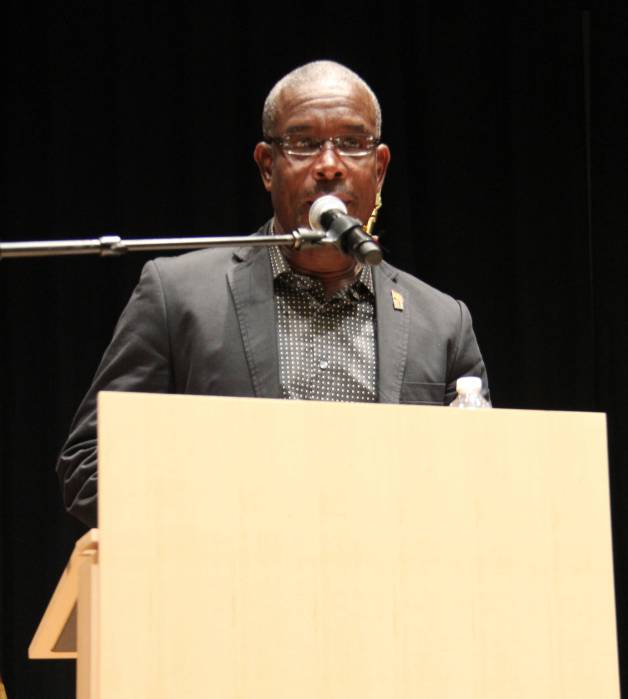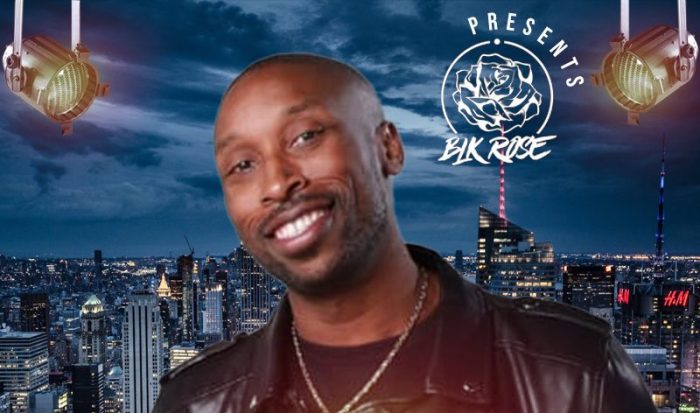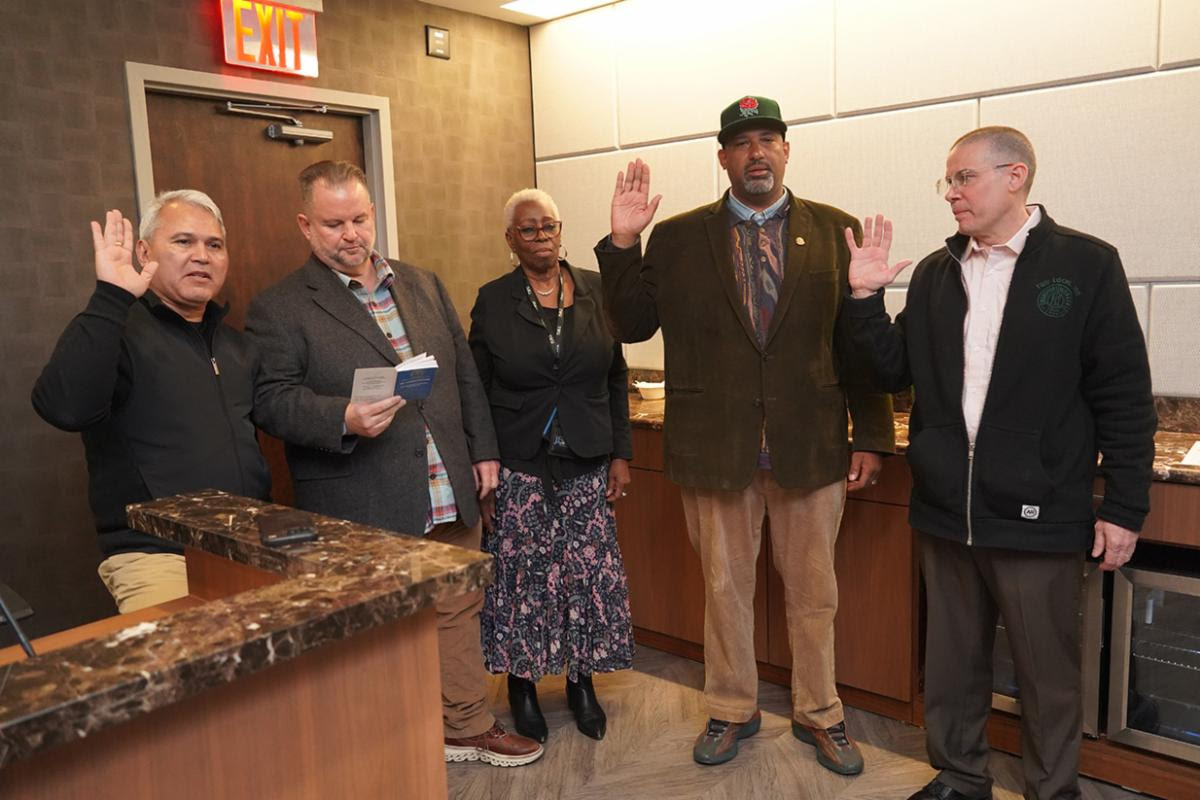“The time is always right to do what is right.”
Dr. Martin Luther King Jr.
Urban radio station HOT 97 swiftly joined the Cancel culture crowd when they booted employee Pasquale Raucci who was spotted in the documentary “Yusuf Hawkins: Storm Over Brooklyn” as one of a gang of white youths that lay-waited Black teenager, Yusuf Hawkins the Aug. 23, 1989 night he was shot and killed.
Employed at the WQHT station for more than two decades, Raucci was recognized as one of eight inciters charged in connection with the murder.
At age 19 the Italian collaborator faced charges of second degree murder, manslaughter, rioting, assault and other charges related to the crime.
In 1991, Raucci was acquitted of felony counts but four years after the trial he was hired by the popular hip-hop radio station.
“The realization of this could not be swept under the rug, obviously and so he has been fired,” a spokesperson for the station reportedly said.
An explanation of the firing detailed that the colleague: “after watching HBO’s “Storm Over Brooklyn” HOT 97 was shocked and took swift action.”
Directed by Muta’Ali Muhammad, the document retraced how the innocent Black, teenager and three friends were ambushed by a group of Italian agitators who believed Hawkins was dating one of the neighborhood girls.
Hawkins and his friends visited Bensonhurst in order to check out a used car they saw in a newspaper ad and were interested in buying.
He was unaware of the girl or the plot to extricate Blacks from the neighborhood that night.
Fact is, Hawkins walked into a danger zone.
Exactly 31 years later, on the very anniversary of the tragedy, Raucci was fired.
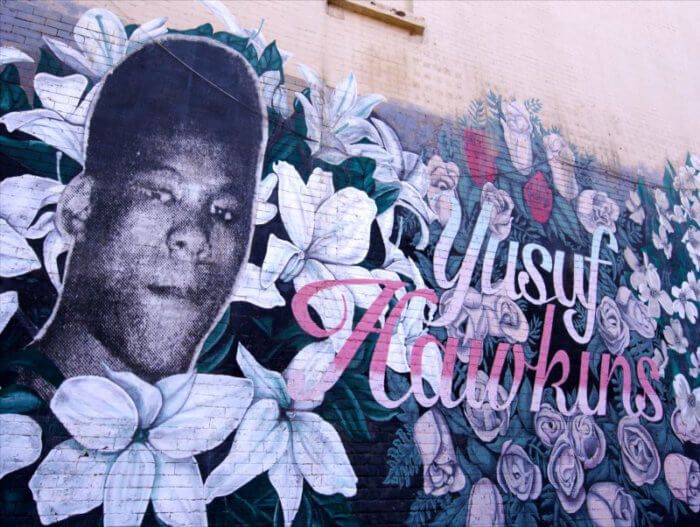
Apparently enlightened by the ‘Storm’ his employers posted a statement on Twitter saying: “Paddy Duke is no longer employed by HOT 97, the march for social justice continues.”
With prevailing demand for fairness in the workplace, and calls for reparation from prior injustices, more details from the station reasoned “now more than ever we serve as both a source of desperately needed information and entertainment and any conflict in that relationship harms both our stations and the communities we serve.”
Depending on perspectives gleaned from different generations, some might perceive the pop music outlet’s firing of the deejay to be belated redemption from actions Raucci might have exacted when he and others in Brooklyn’s Bensonhurst set out to beat Blacks from his segregated community.
Others might also contend that justice prevailed despite the fact 31 years elapsed with justice denied to Hawkins after Raucci and as many as 30 of his pals armed themselves with baseball bats to do bodily harm to the unknowing teenager.
Raucci was acquitted of murder but he was convicted of menacing, possession of a weapon and other misdemeanor charges that contributed to the crime.
Allegedly the deejay flourished under the radar until the cable channel aired the anniversary commemorative documentary, which offered a nostalgic airing of the ill-fated scenario, which caused such uproar in NYC that Mayor Ed Koch lost his foothold enabling the history-making election of David N. Dinkins, the first and only Black mayor.
“Yusuf Hawkins died of racism in the first degree” former Mayor David Dinkins reputedly said.
It was revealed that along with cohorts, Raucci admitted that he was present at the scene when convicted shooter Joey Fama fired a fatal bullet that pierced into Hawkins.
HBO repeated the enlightening documentary throughout the month of August, which garnered feedback from viewers who identified the radio insider.
The year 1989 will not be recalled as the best of times – particularly for Black youth in the boroughs.
April 19 of that same year Black teenagers living in Harlem were rounded up by NYPD in their neighborhood and as history details were allegedly coerced to confess an attack and rape of a white investment banker named Patricia Miele.
Unfortunately, after denying participation in the terrifying debacle police detained more than 20 Black youths. All were questioned and allegedly coerced into confession. Eventually, NYPD and Manhattan district attorney narrowed the guilt to indict five teenagers.
The current president of the United States called for their death.
He tried to inveigle lawmakers, exerting power tactics by buying full page space from newspapers to advocate retribution and imposition of the death penalty.
A gullible jury pool convicted the accused.
Years after the teenagers grew to incarcerated men, DNA evidence and confession from a serial rapist exonerated the maligned Harlemites who became world-renowned as the Central Park Five.
On the 30th anniversary of that disgraceful incident, ABC-TV aired “One Night In Central Park,” which featured an abridged portrait of the travesty.
Depicting a more balanced account of the inflammatory case than the biased version a majority of media houses reported throughout the case, last month the broadcast media outlet repeated a consolatory broadcast of the 2019 showcase.
Inscribed outside the Barclays Center downtown Brooklyn, an inscription aptly serves as a reminder that it is never too late to correct mistakes of the past.
Dr. King said “the time is always right to do what is right.”
His words resonate, on yours truly who as a court reporter assigned to cover some of the most heinous and definitely some of the most racially-charged controversial cases of the era — at least for police combatant Larry Davis, disabled, senior citizen Eleanor Bumpurs, graffiti artist Michael Stewart, the Michael Griffith Murder Case in Howard Beach, the St. John’s Rape Trial, and the Crown Heights Uprising resulting from the death of seven-year-old Gavin Cato etc etc.
Catch You On The Inside!




